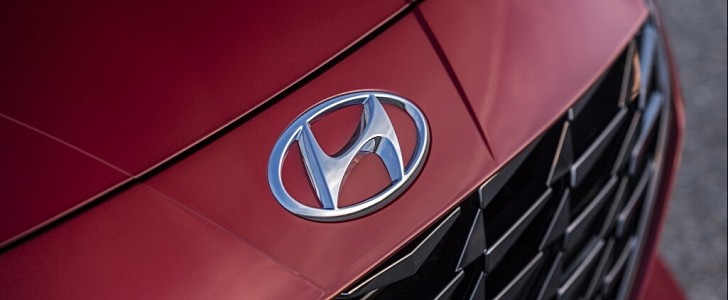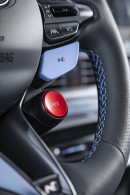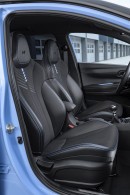Hyundai is one of the companies struggling with the global chip crisis, with the South Korean manufacturer only recently announcing that one of its U.S. factories would suspend operations due to the lack of semiconductors.
But according to a report from Reuters, Hyundai has had enough with the struggle to find chips for its cars, so the company is now getting ready to turn to plan B in an attempt to prevent shutting down operations at its plans once again.
More specifically, Hyundai wants to work together with local fabless firms specifically for a potential semiconductor collaboration, as the company believes that getting microcontroller units from South Korean designers would help prevent supply issues.
But on the other hand, the transition that Hyundai is planning to make can’t happen overnight, especially because right now, large automotive suppliers aren’t based in its home market.
So in theory, Hyundai would have to rely on smaller firms for the whole thing, which obviously could lead to even more struggles, especially because these companies might have a hard time filling all orders and therefore align their production with the capacity the carmaker needs in the first place.
While Hyundai has remained completely tight-lipped on its approaches to deal with the global chip shortage, somebody working for Kia confirmed the South Korean company is trying to reduce the reliance on foreign suppliers.
“The company is pursuing plans to “localize” auto chips in a bid to diversify supply chains in South Korea after experiencing chip sourcing issues, mostly caused by suppliers being outside of the country,” they said.
Research estimates the production of approximately 4 million cars could be affected this year due to the lack of semiconductors, with the numbers very likely to grow by the end of 2021 if foundries across the world can’t fill all their orders and are hit by additional problems like suspended operations.
More specifically, Hyundai wants to work together with local fabless firms specifically for a potential semiconductor collaboration, as the company believes that getting microcontroller units from South Korean designers would help prevent supply issues.
But on the other hand, the transition that Hyundai is planning to make can’t happen overnight, especially because right now, large automotive suppliers aren’t based in its home market.
So in theory, Hyundai would have to rely on smaller firms for the whole thing, which obviously could lead to even more struggles, especially because these companies might have a hard time filling all orders and therefore align their production with the capacity the carmaker needs in the first place.
While Hyundai has remained completely tight-lipped on its approaches to deal with the global chip shortage, somebody working for Kia confirmed the South Korean company is trying to reduce the reliance on foreign suppliers.
“The company is pursuing plans to “localize” auto chips in a bid to diversify supply chains in South Korea after experiencing chip sourcing issues, mostly caused by suppliers being outside of the country,” they said.
Research estimates the production of approximately 4 million cars could be affected this year due to the lack of semiconductors, with the numbers very likely to grow by the end of 2021 if foundries across the world can’t fill all their orders and are hit by additional problems like suspended operations.

























































